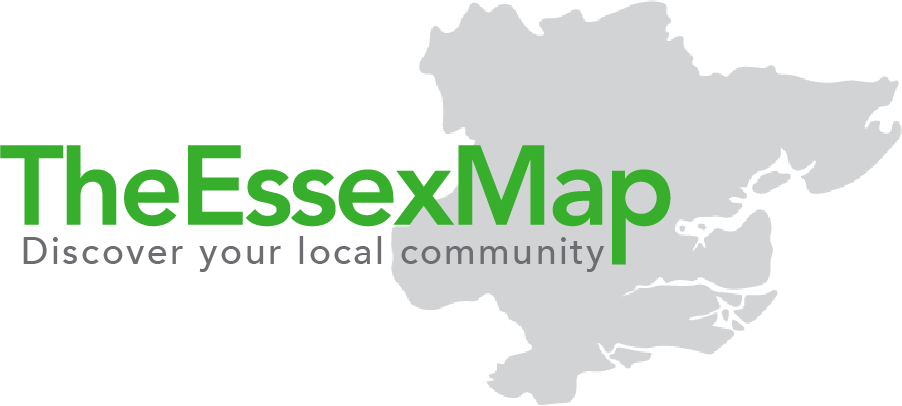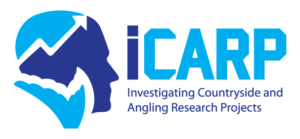A programme, developed in Essex, is changing the lives of military veterans, 999 personnel, vulnerable young people and many more by helping them overcome the debilitating symptoms of Post-Traumatic Stress Disorder (PTSD), Depression, Anxiety and many other challenging conditions.


